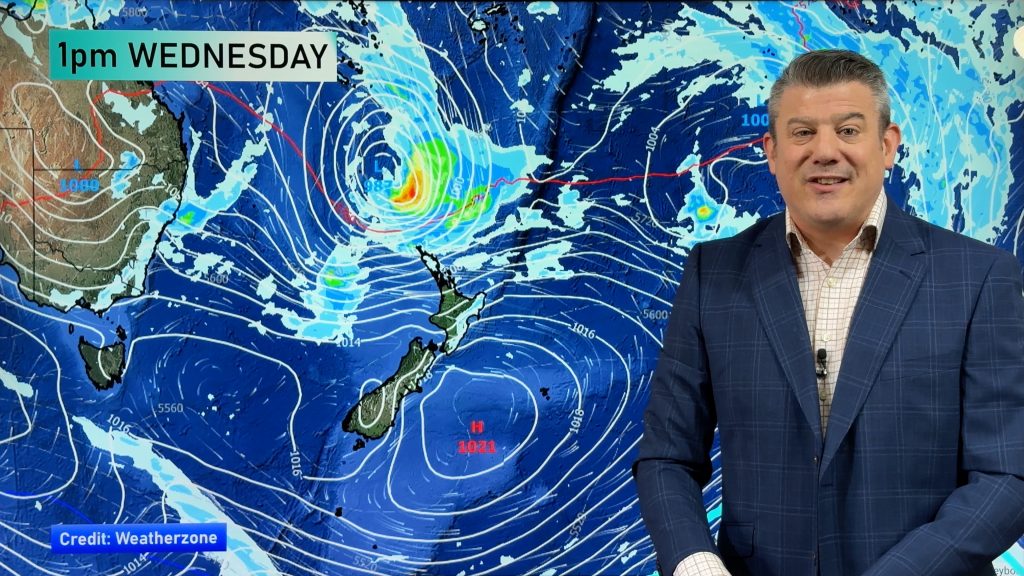Power bills to rise as autumn arrives (+Tips for saving money on power)
11/03/2016 11:00pm

> From the WeatherWatch archives
Three major power companies are putting up their prices as cooler evenings kick in.
Power prices at Genesis Energy, Mercury Energy and on part of the Contact Energy network will go up on April 1.
Genesis and Mercury will increase their prices by about 2 per cent, or 5c a day for a 3-bedroom household.
Contact Energy will put up prices for 15 of its 29 network regions on the same date. They are Southern Hawkes Bay, Central Hawkes Bay, Invercargill, Southland, North Otago, Otago, Dunedin, Nelson, Westpower, Buller, Bay of Plenty, Rotorua, Timaru, Wairarapa and Eastland.
The average increase for residents would be between $4 and $12 a month.
Meridian will increase their prices by 0.01 per cent because prices went up for 70 per cent of customers last year.
Consumer NZ chief executive Sue Chetwin said demand allowed major companies to raise prices.
“It’s common for companies to put their prices up at this time of the year as line companies increase their charges,” she said.
“Others just take the opportunity to get through their price increases, so that’s the energy part of bill that they have control over.”
“There’s a lot of new little retailers nibbling at the heels of the big operators … It will be interesting to see how that pans out because it means more opportunities for consumers to switch.
“Any price rise, even small, isn’t good for consumers so they should still shop around.
Consumers should also be taking advantage of innovations competition had forced, such as prompt payment discounts.”
Genesis, Mercury and Contact said increased line charges and operational costs drove their price increases.
Meridian Energy spokeswoman Michelle Brooker said prices rose last year to contain costs which had been affected by inflation, and to allow for business decisions such as putting call centre staff on to the living wage.
A Trustpower spokesman said there would be no price rise on April 1 but small region-by-region increases were likely at other times in the year.
Electric Kiwi is among the newer retailers referred to by Consumer. Managing director Julian Kardos said his company would be holding its electricity prices, despite facing the same pressures.
The company bought electricity “smarter” than other power companies and used smart meters to analyse consumption data every 30 minutes.
“Electric Kiwi invested in technology up front to do things a little bit differently. [It] can provide the same service and power as the big providers, but we just do that cheaper and we don’t really have the large staff numbers or bricks and mortar like some of the big guys. We just do things smaller and smarter and bit more different.”
How to save on your power bill
- Find out which company has the best deal for your household on Consumer New Zealand’s Powerswitch website or the Electricity Authority’s What’s My Number site.
- Some power companies offer “time of use” plans where power is cheaper at off-peak times. Make the most of this by setting your washing machine or dishwasher to come on while you’re asleep.
- Heat efficiently A heat pump will cost you 6.5c per unit of heat, compared to an electric heater’s 21c.
- Turn appliances off at the wall and unplug your phone charger when you’re not using it.
- Only boil the water in the kettle that you need.
- Keep lids on pots when you’re boiling water.
- If you do need to use a dryer, make sure the lint filter is clean.
- If you have an older hot water cylinder, an insulating wrap could save you $100 a year.
– NZME
Comments
Before you add a new comment, take note this story was published on 11 Mar 2016.





Add new comment